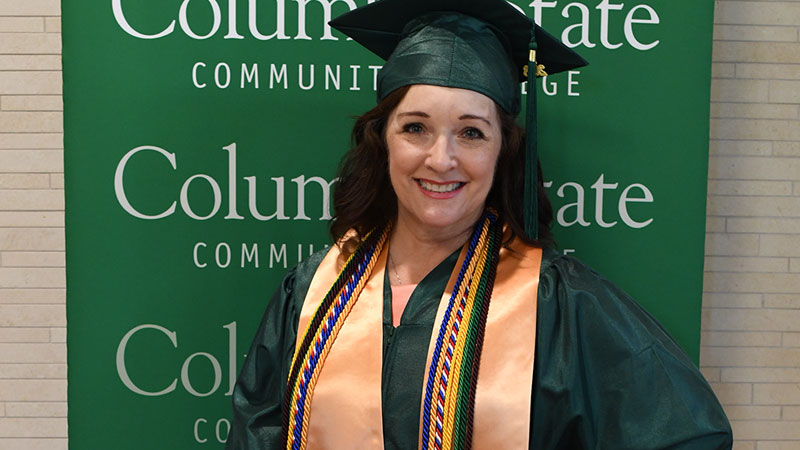
Radiologic Technology
(A.A.S.)
Radiologic technology is an imaging science combining advanced technology with human compassion. A radiographer (sometimes called a radiologic technologist) is a healthcare professional who is educated, trained and certified to produce images (x-rays) of patients’ internal structures for use in diagnosing medical problems.
Upon successful completion of the 20-month, full scope of practice program, students are eligible to apply for the American Registry of Radiologic Technologists (ARRT) certification exam in radiography. Registry-eligible graduates have the opportunity for employment in hospitals, doctors’ offices, outpatient centers or other healthcare facilities. Our graduates experience excellent career mobility. Areas of advancement include radiation therapy, ultrasound, mammography, nuclear medicine, computed tomography, magnetic resonance imaging and angiography. Some graduates have chosen to pursue careers as technical sales representatives, educators, managers/administrators, instructors with equipment manufacturers and physicians.
Whatever path is chosen, radiography provides many opportunities for professional growth. Technologically, it is the fastest growing area of all allied health careers. Starting salaries can range from approximately $39,000 to $43,000, depending on the geographic area, the specialty and the shift worked.
- Mission, Goals, and Student Outcomes
- Program Effectiveness
- Admission Requirements & Procedure
- Tuition, Fees & Program-Related Costs
- Radiologic Technology FAQ
- Program Continuation Requirements
- Readmission Requirements
- Forms & Information
- Radiology Applicant Handbook
- Technical Standards
- Computer Tomography Certificate Program
Rad Tech Courses
Major Restricted - Students must be formally admitted to the program, in addition to college admission, to be eligible to take discipline courses.
- Loading...








